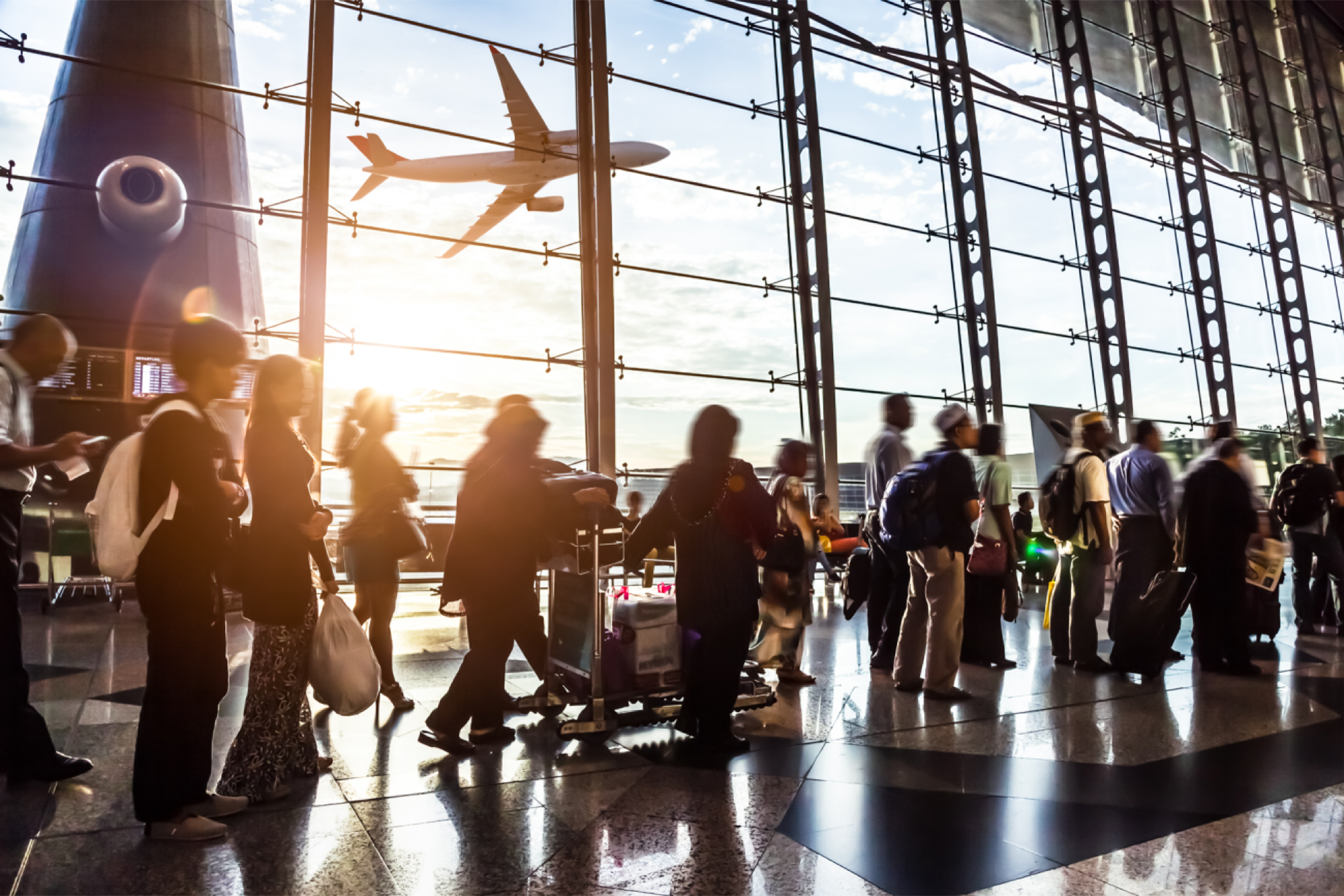The Reasons Why Business Travel Isn't Up to Modern Trends Businesses are far apart from their workers when it comes to discerning the latest conveniences of travel.
By Carly Okyle
Opinions expressed by Entrepreneur contributors are their own.

The views of road warriors compared to their managers may as well be on different coasts, according to a new study.
The 11th report from AirPlus is the first of the business travel payment provider's studies to include the viewpoints of business travelers. The report features insights based on responses from more than 1,000 business travelers and more than 800 travel managers from 24 countries. In opening the study up to the workers that deal with travel directly, the report highlighted the disconnect between business travelers and travel managers.
Related: Why You Should Take Vacation Days While on Business Trips
In an exclusive with Entrepreneur, Yael Klein, CEO of the Americas for AirPlus, discussed the findings of the report, which will officially be released next week. Here are a few interesting observations.
1. Companies are playing catchup.
Many of the industry trends that business travelers view as established are seen as emerging trends on the corporate end, such as the idea of mobile payments. There are a few possible reasons for the different perspectives.
First, not all apps and conveniences used in daily life have been adapted to fit the needs of businesses. It's worth noting that while employees on the road are looking for convenience, those organizing the trips are thinking of keeping costs down while maintaining a high standard of care and security. Moreover, what works in one country might not be feasible in another: mobile payments are widely accepted in the United States but certain types aren't as common throughout certain parts of Europe.
Klein also pointed out that company size could factor in when deciding to adopt mobile payments. "Travel managers with high spending are the biggest believers in mobile spending," she says. "I believe it's probably because the bigger a company is the more they have to understand data, and the more tools they use, the more data they'll get."
2. That includes the sharing economy.
The sharing economy is another area where companies lag behind. Policies vary for corporations, but most don't have a solution for dealing with the options the sharing economy provides. There is a gap between what travelers are comfortable with and what larger companies need to be considering, like employee safety.
"When you ask companies why they don't embrace the sharing economy, often the security factor and duty of care comes up," Klein explains, "but I see many companies who allow it. It is a matter of preference."
Regarding the issue of data security -- that is, keeping company data safe while on the road or in the air -- approximately half of travel managers and traveling employees still see data security as something that is on the horizon. While companies may have methods in place to secure their information outside the office, there are still improvements to be made.
Related: What Stresses Out Business Travelers the Most?
3. Travel management needs to be streamlined.
"A reason that travel managers don't use apps [of travel service providers] is because they would have to tell workers to download [multiple] apps for airlines and hotels," says Klein. "I have 20 different travel apps on my phone, which is annoying."
What travelers and their travel planners need -- what Klein calls "the big ask" -- is for a streamlined solution. "A major challenge in corporate travel today is giving travelers not only booking but also payment, communication and other approved trip management tools that will keep them inside the official company travel program," she said. "Companies want as many suppliers as possible to merge in one app to make it easier, but they also want to pick and choose which suppliers are in this app."
4. There's a need for improved communication.
Bureaucracy is the bane of transparency. Travelers don't always understand why policies are set, and open communication from higher-ups would help travelers understand why certain options are or are not available. Many traveling workers are unaware of how their journeys affect the company's bottom line, and having a better grasp of this might help cut down employee complaints.
"If I understand why my company is asking me to make this choice, I'll do it and I'll have a better feeling," Klein says. "Communication is always key. A lot of these travel managers do a great job, but maybe we have to make it even more clear what recessions or downturns in the economy mean to a company."
Related: Large Number of Business Trips Are Planned on Smartphones, Study Says
Workers may appreciate open communication, but they also expect real-time engagement. While 41 percent of travelers who responded see social media as the biggest existing trend, 52 percent of travel managers say the biggest existing trend is globalization. Corporations are slower to incorporate social media, even as Twitter celebrated its 10th anniversary this year.
AirPlus's report suggests that social media might be an effective way for travel managers to communicate with far-flung employees. It wouldn't be much of a stretch, since travelers already communicate with each other this way to share their experiences.










